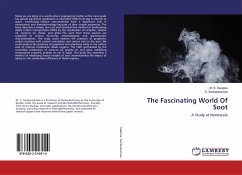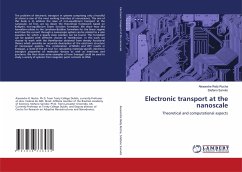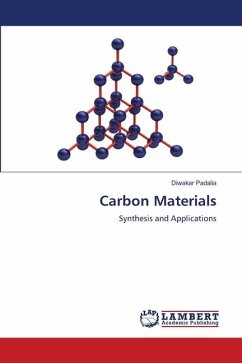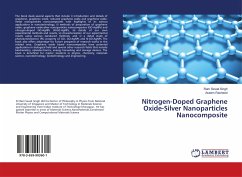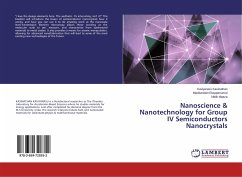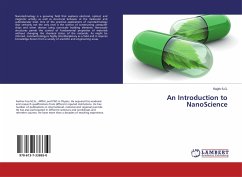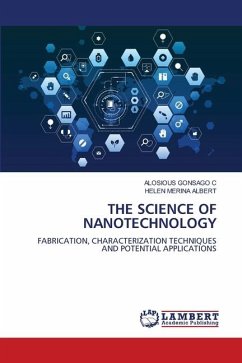Today we are living in a world where engineering matter at the nano scale has gained significant application in diversified fields from day to day life to space technology. Carbon nanomaterials have a significant role in nanoscience and nanotechnology because of their unique properties. The book describes a simple, low cost and chemical free method of synthesizing stable carbon nanoparticles (CNPs) by the combustion of camphor, sesame oil, coconut oil, diesel, and ghee. The soot from these sources are subjected to various structural, morphological, and spectroscopic characterisations. The study could observe the presence of graphene, carbon necklace with carbon nanotubes, and carbon dots in the soot. We could observe the presence of graphene and graphene oxide in the carbon soot of internal combustion diesel engines. The CNPs synthesized by the controlled combustion of coconut oil, sesame oil, and ghee, exhibiting antibacterial property enables its use in kajals. The book also describes a method of employing fractal analysis of soot understanding the impact of aging on the combustion efficiency of diesel engines.

